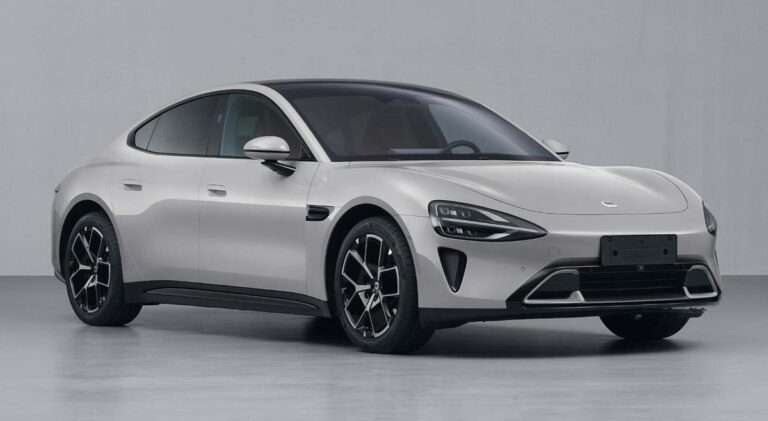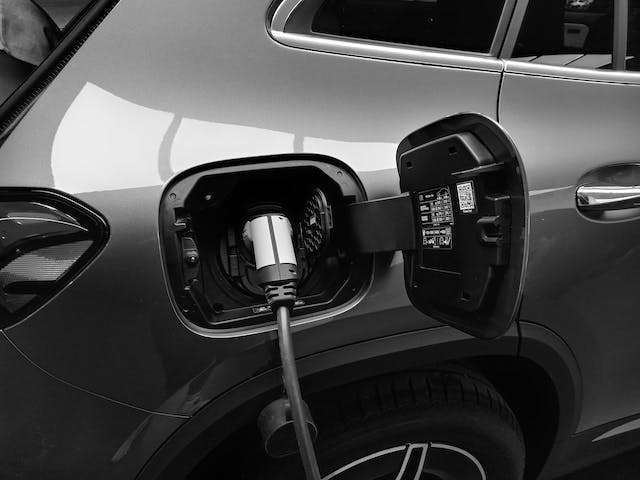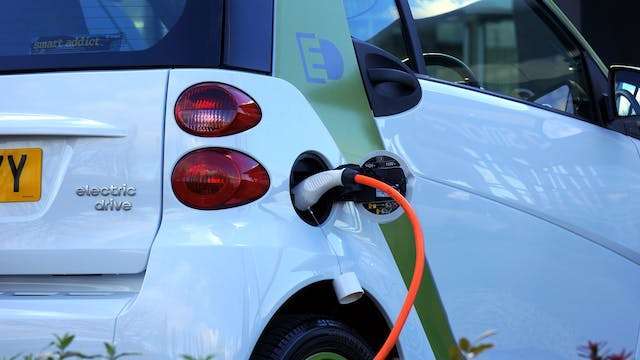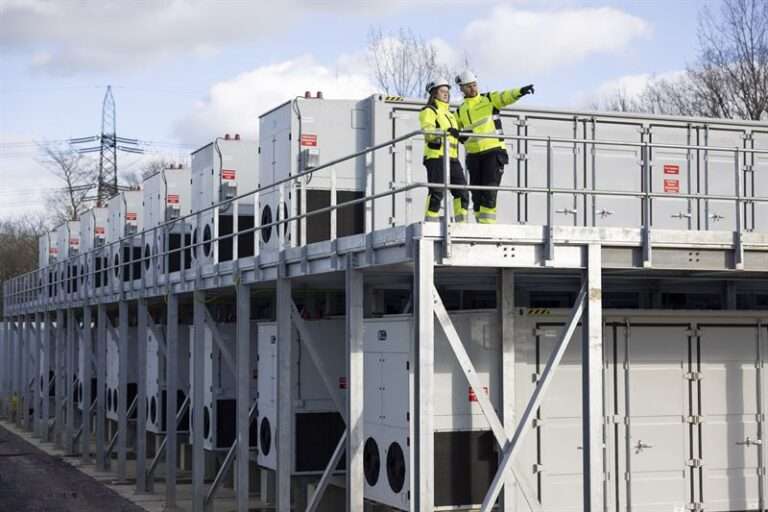Ford Adapts EV Plans: Navigating Shifts in Demand and Costs
Realigning Strategy: Ford Adjusts $3.5 Billion Battery Plant Amid EV Market Dynamics
Ford Motor Company recalibrates its course in the electric vehicle (EV) landscape, making strategic adjustments to its $3.5 billion battery plant project in Michigan. The decision, influenced by slower-than-anticipated consumer uptake of electric vehicles, escalating labor expenses, and a corporate drive to optimize expenditure, signals the company’s adaptability amidst evolving market dynamics.
Initially unveiled by Ford executives, including CEO Jim Farley and Chair Bill Ford in February, the battery plant drew attention due to its association with Chinese battery manufacturer Contemporary Amperex Technology Co., known as CATL. While the facility operates as a wholly owned Ford subsidiary, the company engages in a licensing arrangement with CATL to develop cutting-edge lithium iron phosphate (LFP) batteries for EVs.
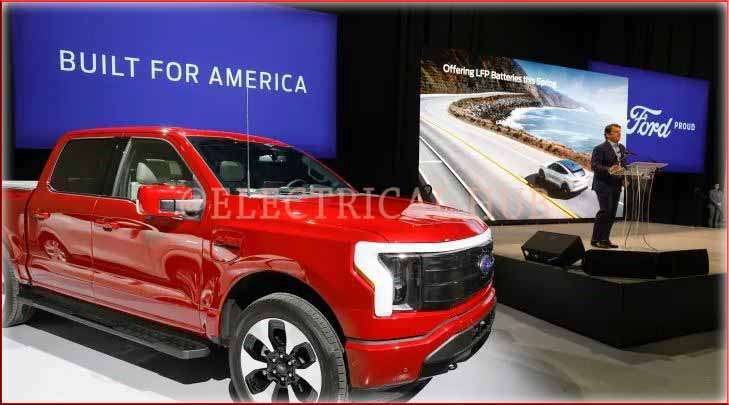
ROMULUS, Michigan (February 13, 2023) — In a landmark announcement during a press conference, Ford Motor Company’s CEO, Jim Farley, unveiled a transformative partnership with Contemporary Amperex Technology (CATL), the world’s largest battery company. This strategic alliance aims to establish an electric-vehicle battery plant in Marshall, Michigan, marking a pivotal milestone in Ford’s commitment to revolutionizing the automotive landscape.
Amid a gathering of industry enthusiasts and media representatives, CEO Jim Farley showcased Ford’s ambitious endeavor to propel the EV industry forward. The collaborative venture with CATL underscores Ford’s dedication to harnessing cutting-edge technology and fostering innovation in the realm of electric vehicles.
The upcoming electric-vehicle battery plant, slated for Marshall, Michigan, signifies a bold leap in Ford’s strategy towards sustainable transportation solutions. This initiative aligns seamlessly with the company’s vision to drive forward the adoption of electric vehicles while leveraging CATL’s expertise and pioneering battery technologies.
Farley’s announcement in Romulus, Michigan, serves as a testament to Ford’s relentless pursuit of innovative collaborations, heralding a future where electric vehicles are not just a trend but a transformative force shaping the automotive industry’s trajectory towards sustainability and innovation.
In response to market conditions, Ford recently announced a 43% reduction in production capacity, down to 20 gigawatt hours per year, and a corresponding adjustment in anticipated employment from 2,500 to 1,700 jobs. Although the precise revised investment figures remain undisclosed, this realignment points towards a scaled-back investment, estimated to hover around $2 billion based on the revised production capacity.
The move reflects a broader industry trend as several automakers globally recalibrate their EV strategies, citing lower-than-projected demand stemming from cost challenges, supply chain intricacies, and evolving battery technologies.
NSIA Launches $500M Renewable Energy Platform, Signs Pact with IFC for Green Investment
The downsizing at the Marshall, Michigan plant aligns with Ford’s larger plan, unveiled last month, to defer or curtail approximately $12 billion in previously earmarked EV investments. This adjustment also entails the postponement of construction for another electric vehicle battery plant located in Kentucky.
Mark Truby, Ford’s Chief Communications Officer, elucidated the decision during a media briefing, citing comprehensive considerations encompassing demand projections, business viability, product cycles, and financial sustainability. “After assessing all that, we are now good to confirm that we’re moving forward with the plant, albeit in a slightly smaller size and scope than what we originally announced,” Truby affirmed.
Despite a temporary hiatus in facility production during collective bargaining with the United Auto Workers, Ford remains steadfast in its commitment to open the plant in 2026. Recent negotiations resulted in an agreement that includes wage hikes and provisions for potential union inclusion for battery workers at the plant, reflecting Ford’s concerted effort to navigate evolving market dynamics while fostering a balanced and sustainable business strategy.
Source: Ford Motor Company
Follow us on LinkedIn”Electrical Insights” to get the latest updates in Electrical Engineering. You can also Follow us on LinkedIn and Facebook to see our latest posts on Electrical Engineering Topics.

